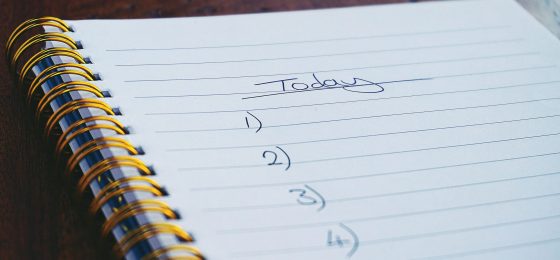
Have you ever wondered why some students study for hours and still struggle, while others get top grades with seemingly minimal effort? A few years ago, during exam season, I had finished all my studying in just two hours by lunchtime. Yet my friends insisted they needed to study all day. This difference wasn’t because I was naturally smarter—it’s because I knew how to study smarter.
In this article, I’ll show you exactly how to achieve more by studying less using principles of deep work, intense focus, and effective routines.
Why Studying Longer Isn’t Studying Better
Most students mistakenly believe that studying for long hours equals productivity. But according to Cal Newport, author of Deep Work, even the sharpest minds can focus fully for only about four hours per day. So, when students claim to study for 10 or 12 hours straight, they’re actually operating at significantly reduced efficiency.
The secret to reducing your study time while improving your grades isn’t adding hours—it’s improving your focus.
The Power of Deep, Undistracted Focus
When you focus deeply, even for a short period, you achieve far more than you would in hours of shallow work. Here’s why:
Your brain needs momentum to reach peak concentration—similar to how a plane accelerates before it takes off. Each distraction, such as checking your phone or chatting, interrupts this momentum and resets your progress.
In fact, 10 hours of shallow, distracted studying can easily be compressed into just two hours of deep, focused work.
How to Master Deep Focus
Here’s exactly how you can build the habit of intense focus:
1. Establish a Consistent Study Routine
Pick the same time each day for your “deep work” session. According to neuroscientist Andrew Huberman, studying at a consistent time primes your brain to enter peak concentration more quickly.
Start small—just 60 to 120 minutes daily—and gradually build up your ability to focus intensely during this time.
2. Eliminate Visual and Auditory Distractions
Your study environment significantly impacts your ability to focus:
Visual distractions: Study in a place without distractions in your peripheral vision. Ideally, face a blank wall or corner in the library. Even wearing a hat or hoodie to narrow your visual field can help.
Auditory distractions: Block out distracting sounds. Try listening to brown noise or pink noise, which masks background noise and keeps your ears occupied without distracting you.
Avoid music with lyrics, as it constantly pulls your attention away. If music does help you, monitor carefully—most people are less focused with music playing.
3. Manage Your Notifications and Phone
Put your phone on airplane mode or keep it completely out of sight. Every notification interrupts your flow, costing you valuable focus.
4. Handle Distracting Thoughts
Initially, your mind will wander. Don’t judge or worry—just gently redirect your attention back to your work. After about 15–20 minutes, your mind settles into a focused state, often called “flow,” where distractions fade away.

The Secret to Tripling Your Productivity: Don’t Eat Before Studying
This next tip might surprise you: don’t eat right before your study session. Digestion takes up to 60% of your body’s available energy, significantly reducing brain power available for focus.
Instead, study first thing in the morning, before breakfast. When your body isn’t busy digesting, your mind becomes clear, focused, and incredibly efficient. Many students who’ve never tried this find it transformative—it’s a simple way to reach unprecedented levels of concentration
.

Step-by-Step Routine for Peak Productivity
Here’s a practical daily routine to follow:
-
Wake up early.
-
Do your focused work session (60–120 minutes) before eating anything.
-
Have coffee or water if desired, but avoid solid food until after your session.
-
Turn off your phone notifications.
-
Choose a distraction-free spot.
-
Commit fully: eyes locked on your work, minimal distractions.
By consistently doing this, your brain will recognize this routine and enter focus mode more easily each day. You’ll soon find yourself achieving tasks in a fraction of the usual time.
Focus is a Trainable Skill
Many people wrongly believe they can fully focus anytime, just by deciding to do so. The reality is different: focus is a skill that requires deliberate training.
Initially, you might only sustain intense focus for an hour or so. That’s completely normal. With practice, you’ll gradually extend this to longer periods, maximizing productivity.
Recommended Resources
To dive deeper into mastering focus and deep work, check out:
-
Deep Work by Cal Newport.
-
Andrew Huberman’s podcasts on focus and neuroscience-backed productivity techniques.
Final Thoughts
Shifting from long, inefficient study sessions to shorter, intensely focused blocks will drastically change your academic performance and free up hours of your day. Make deep focus a daily habit, and you’ll achieve more in less time—giving you greater freedom to enjoy life beyond studying.
Try this approach, and you’ll soon find yourself finishing work before lunchtime while your friends spend all day glued to their desks.
Happy studying!